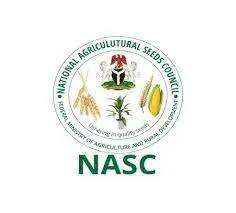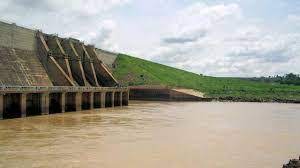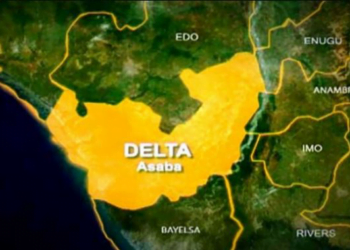The National Agricultural Seeds Council (NASC) has commenced capacity building of newly engaged officers on seeds digital innovation and certification using the National Seed tracker platform.
Addressing the press during the training, the Seed’s Director, Education and Quality Control, Ubandoma Hudu Muhammed, said the training was designed to expose the trainees to digital seeds certification using the national seeds tracker.
He said the country is digitalising its seeds sector, “That is what we’re doing. Partly, our report is being covered by our officers in the field using the e-certification. So, we’ve gone ICT. This training is not only for our staff: we’re going to scale down to other stakeholders like the seed companies so we’ll move together.
“The reason this training has become important is that the president has already declared a state of emergency on food, thus tasking the ministry to make sure that food is available.
“These people we are training are those that can go to the field, inspect the field, and make sure that whatever is coming out of that field are of the best quality seeds that farmers can use to make a bumper harvest to improve his standard of living.
“We’re going to be doing a series of training. Capacity building is a continuous exercise. We have to start with the supervisor. After this set of trainees, we’ll train the seed companies, by that I mean the growers who are producing for them. So that they’ll understand and we’ll work on the same page.
“Let me digress a little, we’re using the national seed tracker because we want the seed companies to upload data electronically. Unlike doing it manually, this will save time and money, this is international best practice.
“This is for this year. We have others already existing staff. This is just an addition. It is not enough but this is what the government has allowed. We’re still requesting it. I know there will be a waiver for us to add more people soon,” he said.
Muhammed, said further that Nigeria has only 120 inspectors, but the country is using license seeds certification people.
“These are private people we brought to augment so that work can be easy for us. They are under our supervision. The window is there. We license some seed inspectors who are private, for example, young graduates who don’t have jobs. We train them and have them inspect for us.
On the benefits of the training to the economy, he said, farmers will have the benefit to plant high quality seed that will transform into a high-yield crop.
“Secondly, when the farmer gets a high income, this translates into a better economy, better living, and more money for him. Beyond the quality seeds, it also creates jobs along the value chain, because when you produce more, you’re tasking the processor to ask for more hands which creates jobs. This is a continuous exercise. Even the third-party inspectors are also a part of the training. We did it for them for the last two weeks. The seed companies will join when we return from Xmas break,” he said.
Also, consultant to the training, Professor Lawal Folorunsho, in his submission said Nigeria seed companies were improving with the quality of their seeds, as quality seed means increased yield which translates to better livelihood for farmers.
On farmers education, Folorunsho said the agricultural extension unit of the ministry exposes famers to good agricultural practices.
“This allows them to know that seed is very important. The problem is, a farmer wants good yield but his investments are a key factor in the yield he’s going to get. To get good quality seed, you must be ready to pay for it and support it with other inputs and good agricultural practices.
“There is a national seed act that says that, if you bag grains and sell them as seed, it’s a criminal offence. We also have seed inspectors and inspectorate division who have rights to go to any market and confiscate grains being sold as seed. The challenge is the number and size of the country but they are doing it.
“On the training, these trainees are being equipped with the necessary training for them to go to the field and work properly and appropriately, so that any seed they certify as good is good.
“And because they have gone through the rudiments of what to look for, how to inspect, how to label, what constitutes a good seed, what to look for when they want to certify a seed,” he said.




